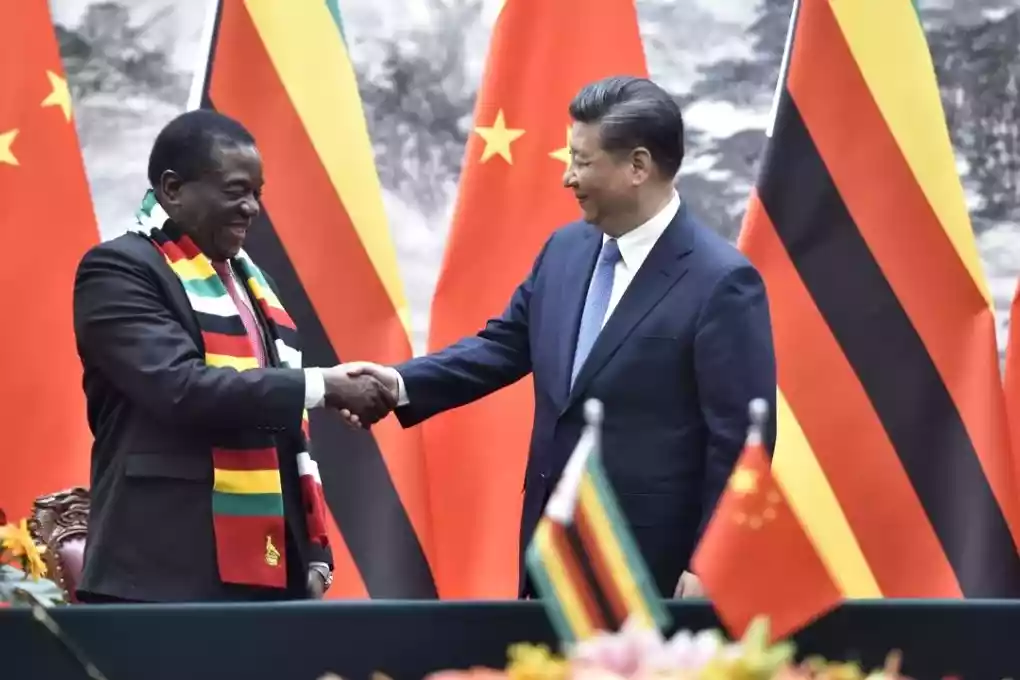
In the contemporary global landscape, the engagement of China with African nations has become a focal point of discussion among scholars, policymakers, and analysts. This relationship is multifaceted and garners a spectrum of opinions, ranging from skepticism to admiration. Understanding this dynamic engagement requires an exploration of diverse perspectives.
Three Schools of Thought
Across the discourse surrounding Africa-China relationships, we observe three predominant schools of thought: China bashers, China huggers, and objective thinkers.
-
China Bashers: This cohort of analysts views China’s involvement in Africa with extreme caution. They argue that China embodies a neocolonial threat, exploiting Africa’s resources while undermining local governance and human rights standards. They see the Asian giant as a “voracious dragon” whose agenda is tainted by an intention to exacerbate corruption and perpetuate dictatorship in African nations.
-
China Huggers: In stark contrast, the China huggers regard Beijing as an unwavering ally to Africa. They highlight historical instances where China supported African liberation movements and, more recently, embarked on various aid initiatives. This group argues that China is free from the imperial legacy that colors Western engagements in Africa, asserting that its investments are intended for mutual development, not exploitation.
- Objective Thinkers: The final group comprises a more balanced faction of thinkers who acknowledge the validity of both extremes. Scholars like Professor Deborah Brautigam have called for a nuanced understanding of China’s role in Africa, emphasizing the need for an objective analysis that recognizes China’s motivations while also holding it accountable to international standards.
The Underlying Interests
At the core of these debates lies the principle that nations—whether China or the U.S.—engage in international relations primarily to serve their national interests. The Forum on China-Africa Cooperation (FOCAC) is an established platform that plays a significant role in facilitating trade, economic assistance, and development strategies since its inception in 2000. Similarly, the United States pursues its foreign policy objectives through platforms like the Africa Growth and Opportunity Act (AGOA) and various initiatives under the Millennium Challenge Corporation (MCC).
In navigating this landscape, both China and African nations must consider not only bilateral benefits but also broader implications for the continent’s socio-economic environment.
The Imperative of African Agency
While analyzing this engagement, it is crucial to emphasize that Africa holds a significant responsibility. Recent experiences demonstrate that many challenges—such as environmental degradation and labor issues—often stem from the inadequacies in local governance and regulation enforcement rather than purely on the actions of foreign actors.
When Chinese companies exploit loopholes in local laws, Africa must introspect and ensure that existing regulations regarding environmental and social governance (ESG) are actively implemented. Corruption and lack of regulatory capacity are significant obstacles that African nations face, leading to widespread and damaging exploitation.
Environment and Local Responsibility
Cases such as the galamsey crisis in Ghana and rampant mining practices in Zimbabwe highlight the harsh environmental impacts of unregulated local actors. These activities can dissuade foreign investment, raising concerns about how investor perception is shaped by the actions of local enterprises. If investors observe lax enforcement of regulations among local miners, it may indicate a troubling narrative of governance and compliance.
A Call for Collaboration and Growth
Given the shifting geopolitical landscape, with the potential return of leadership styles that could neglect African interests, such as in the case of Donald Trump’s previous administration, it becomes crucial for Africa to seize opportunities presented by a rising China.
China stands as a testament to rapid economic transformation and poverty alleviation, having lifted 800 million people out of poverty over four decades. Africa can benefit from this model by seeking to incorporate technological advancements and sustainable practices into its growth strategy.
Conclusion: Navigating Future Relations
The discourse surrounding Africa-China engagements is complex and layered, presenting both challenges and opportunities. Acknowledging the diverse perspectives while fostering objective discussions can lead to enhanced cooperation for mutual benefit. It is imperative for African nations to uphold their agency in these relationships, ensuring that they capitalize on the advantages of foreign investments while safeguarding their environmental and social commitments.
In conclusion, a critical and introspective approach is essential for nurturing robust and sustainable ties with China, ensuring that both partners work towards a future that uplifts the continent without compromising its values and integrity. Only through such collaboration can Africa hope to advance its agenda for development in a rapidly evolving global order.

